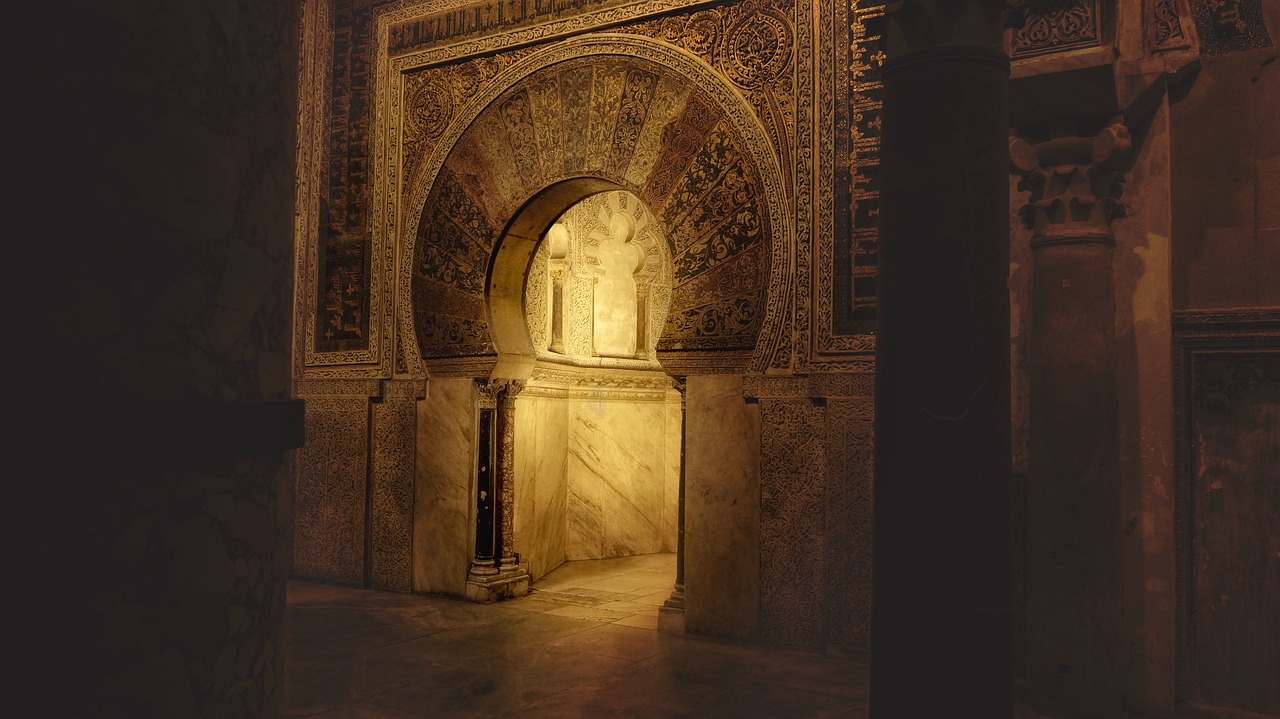Geb: The Earth God in Ancient Egyptian Mythology
In the intriguing realm of ancient mythology, every civilization boasts its own set of deities, divinely tasked with governing various facets of existence and the cosmos. Within the ancient Egyptian belief system, Geb emerged as the powerful deity presiding over the Earth.
The Roots of Geb
Referred to also as Seb or Keb, Geb was a prominent figure among the Heliopolitan Ennead—a collective of nine gods chiefly revered in Heliopolis. He was born to the sky goddess Nut and the air god Shu, and shared his lineage with siblings such as Osiris, Isis, Seth, and Nephthys. Artistic depictions often portrayed him as a man reclined on the ground, adorned with lush vegetation, or alternatively, as a figure with a goose—”Geb” translates to “goose” in ancient Egyptian. As the embodiment of the Earth, Geb symbolized the fertile landscapes of Egypt, the essential force that nurtured agriculture and ultimately, life itself. His strong association with rich soil and verdant growth emphasized his role as a sustainer of existence.
Geb: The Arbiter of Earthly Matters
Geb was more than a mere representation of the Earth; he actively influenced the affairs of the world, particularly regarding justice and morality. According to ancient Egyptian beliefs, his laughter was powerful enough to trigger earthquakes, exemplifying his control over natural forces. He served as a fair adjudicator in numerous narratives, resolving conflicts involving gods and mortals alike. Among the most iconic tales is the struggle for the Egyptian throne between Horus and Seth, where Geb’s ruling favored Horus, establishing a critical precedent for the divine legitimacy of pharaohs, each viewed as a living manifestation of Horus.
The Symbolic Representation of Geb
Geb’s portrayals brim with symbolism that transcends his earthly realm. He is frequently illustrated in a reclining posture, with his spouse, Nut, the goddess of the sky, arching gracefully above him. Their father, Shu, is depicted standing in between them, serving as the buffer that separates the earth (Geb) from the sky (Nut). This representation mirrors the ancient Egyptians’ insights about the universe, illustrating that the sky is elevated above the earth through the medium of air. Additionally, Geb represented the might of the pharaoh, imbuing the monarch’s sovereignty with divine endorsement. The ruling pharaoh was seen as Geb’s earthly advocate, charged with upholding Ma’at—the principle of cosmic order.
Geb’s Influence in Contemporary Culture
While the veneration of Geb has diminished over time, his legacy continues to resonate within modern culture. His name finds its way into various forms of popular entertainment, especially in fantasy literature and video games, where aspects of his character often inspire unique entities or worlds. His narrative captivates historians, mythologists, and individuals intrigued by ancient civilizations. Geb, as the god of the earth, embodies the ancient Egyptians’ profound reverence for nature, their understanding of the cosmos, and their convictions regarding justice and order. His story remains a vital thread woven into the rich tapestry of ancient Egyptian mythology, illuminating the belief systems and values of one of history’s most compelling cultures.



